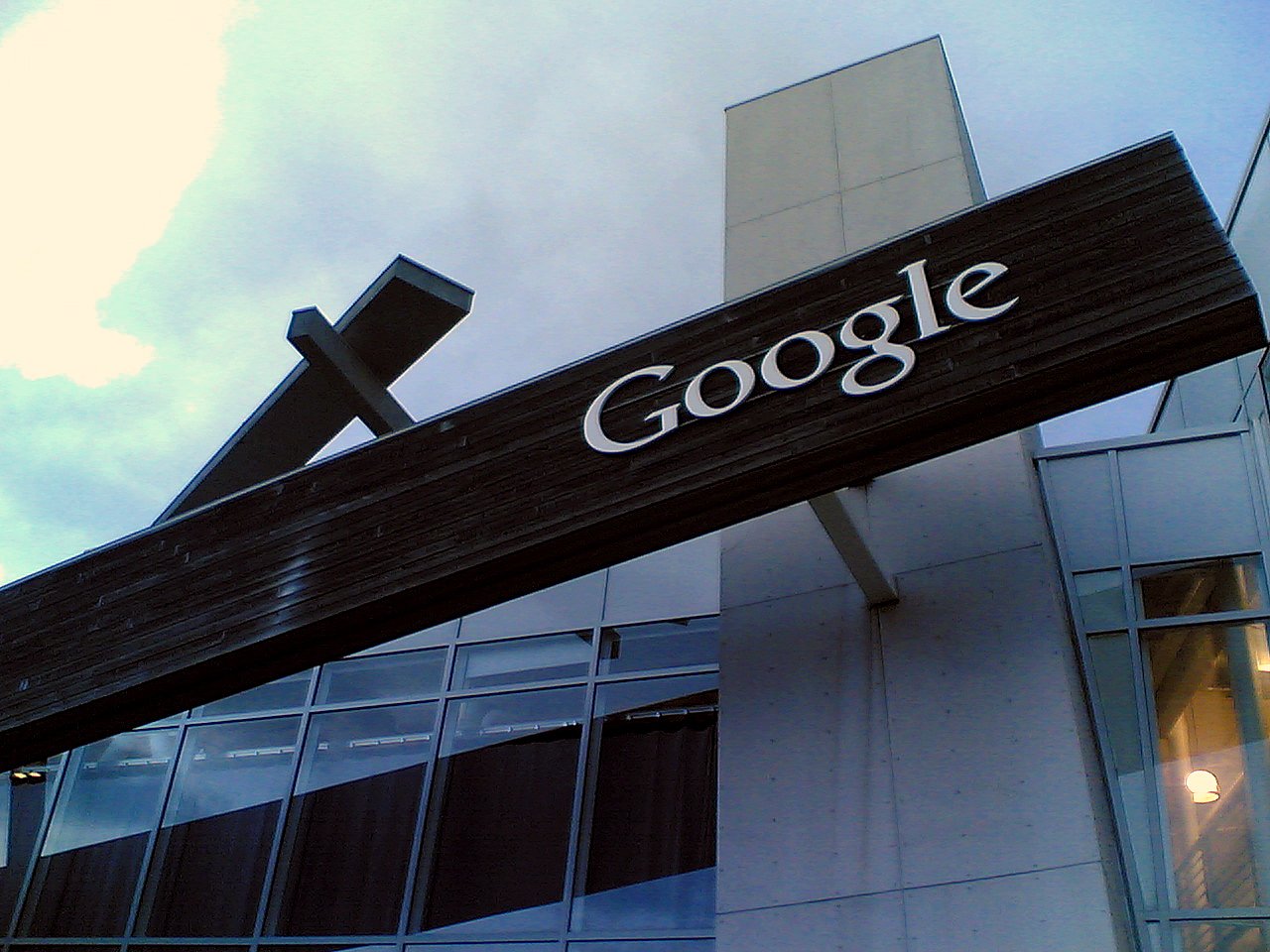 POLICY
POLICY
 POLICY
POLICY
 POLICY
POLICY
The attorneys general of Washington, D.C., Texas, Indiana and Washington state are suing Google LLC for allegedly using deceptive practices to collect users’ location data.
Each attorney general is launching a separate lawsuit against Google over the matter, the Office of the Attorney General for the District of Columbia stated in an announcement today. The goal: securing a court injunction to stop Google from engaging in the practices that are allegedly deceptive and unlawful. Additionally, the search giant could potentially be ordered to pay penalties.
The attorneys general charge that Google has misled users of Android, as well as some of its other products including Google Search, about the way that it collects their location data and how the collected data is used. Furthermore, the search giant is accused of telling consumers that they can manage what location data is gathered when in fact they have “effectively no way” of doing so.
Google pushed back against the allegations today. The company told Axios that the case is based on “inaccurate claims and outdated assertions.”
One of the case’s main focus areas is the set of settings that Google provides for opting out of location tracking. A setting called “Location History” allows Google to store a log of the places that users visit. From 2014 to at least 2019, Google stated that if a user disables Location History, “the places you go are no longer stored.” The attorneys general say that the search giant in fact continues to collect and store users’ locations even when the setting is disabled.
A second setting over which Google faces scrutiny is the Web & App Activity option. The option is enabled by default. According to the attorneys \general, the search giant has suggested that “pausing” the Web & App Activity setting allows users to prevent their location data and related data from being saved. In reality, the attorneys general say, Google continues to store location data even when consumers opt out of the setting.
“Google falsely led consumers to believe that changing their account and device settings would allow customers to protect their privacy and control what personal data the company could access,” said Washington D.C. Attorney General Karl Racine. “The truth is that contrary to Google’s representations it continues to systematically surveil customers and profit from customer data.”
Also a factor behind the lawsuits against Google is the way the company collects location data on Android. According to Google, an option called Location Services in the operating system’s settings menu allows consumers to prevent apps from accessing location data. But Google allegedly “bypasses the setting and continues to find ways to collect and store users’ locations” even when they opt out of Location Services.
Another major focus of the lawsuits is the search giant’s alleged implementation of “deceptive design choices” in some of its services’ interfaces. Those design choices, the attorneys general charge, altered users’ decision-making and led them to share more location data with Google. In one instance, Google was found to have told users that an app would not function properly if location tracking was not enabled even though location tracking wasn’t necessary to use the app.
The “attorneys general are bringing a case based on inaccurate claims and outdated assertions about our settings,” Google told Axios in a statement. “We have always built privacy features into our products and provided robust controls for location data. We will vigorously defend ourselves and set the record straight.”
Support our open free content by sharing and engaging with our content and community.
Where Technology Leaders Connect, Share Intelligence & Create Opportunities
SiliconANGLE Media is a recognized leader in digital media innovation serving innovative audiences and brands, bringing together cutting-edge technology, influential content, strategic insights and real-time audience engagement. As the parent company of SiliconANGLE, theCUBE Network, theCUBE Research, CUBE365, theCUBE AI and theCUBE SuperStudios — such as those established in Silicon Valley and the New York Stock Exchange (NYSE) — SiliconANGLE Media operates at the intersection of media, technology, and AI. .
Founded by tech visionaries John Furrier and Dave Vellante, SiliconANGLE Media has built a powerful ecosystem of industry-leading digital media brands, with a reach of 15+ million elite tech professionals. The company’s new, proprietary theCUBE AI Video cloud is breaking ground in audience interaction, leveraging theCUBEai.com neural network to help technology companies make data-driven decisions and stay at the forefront of industry conversations.